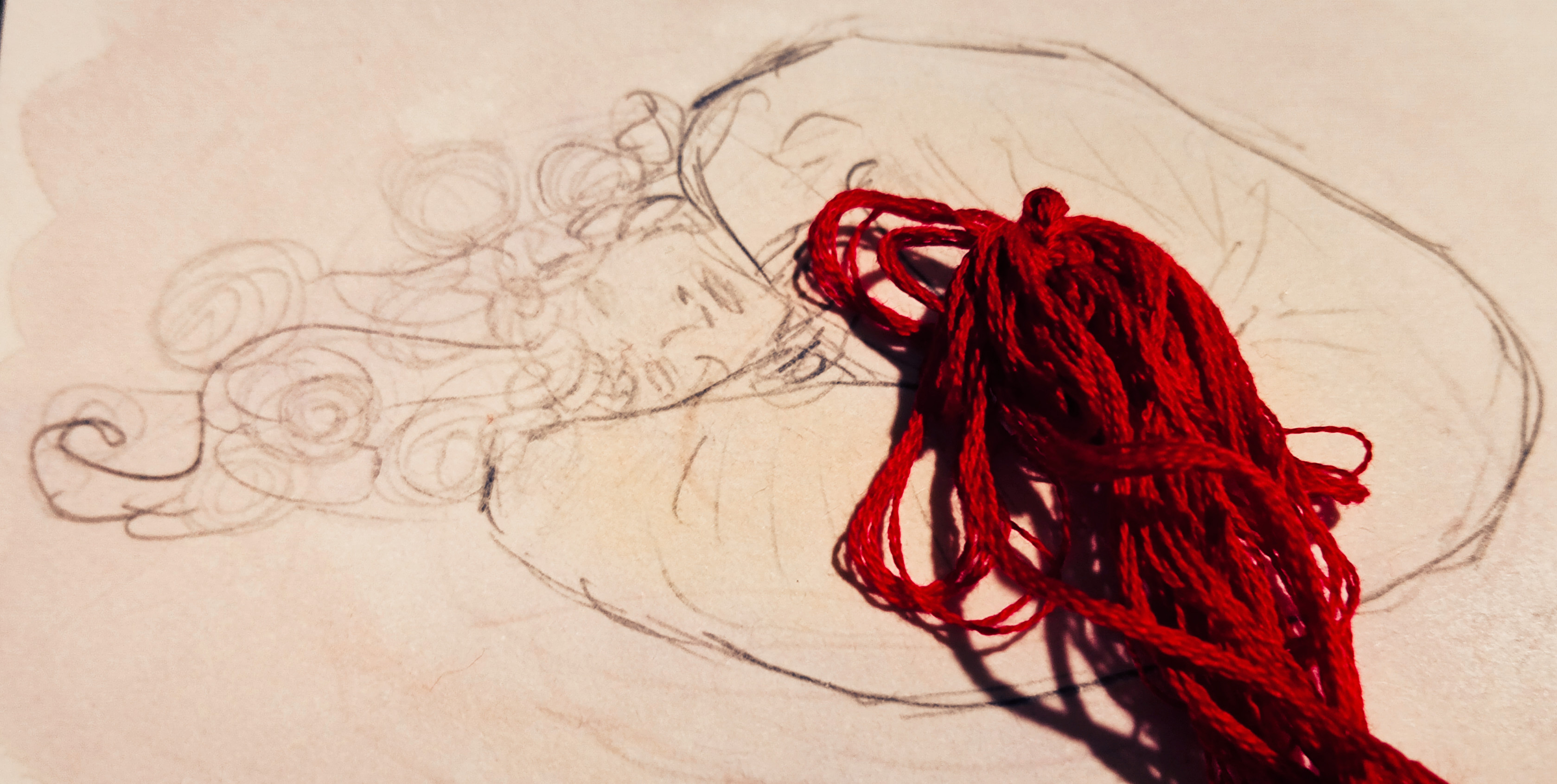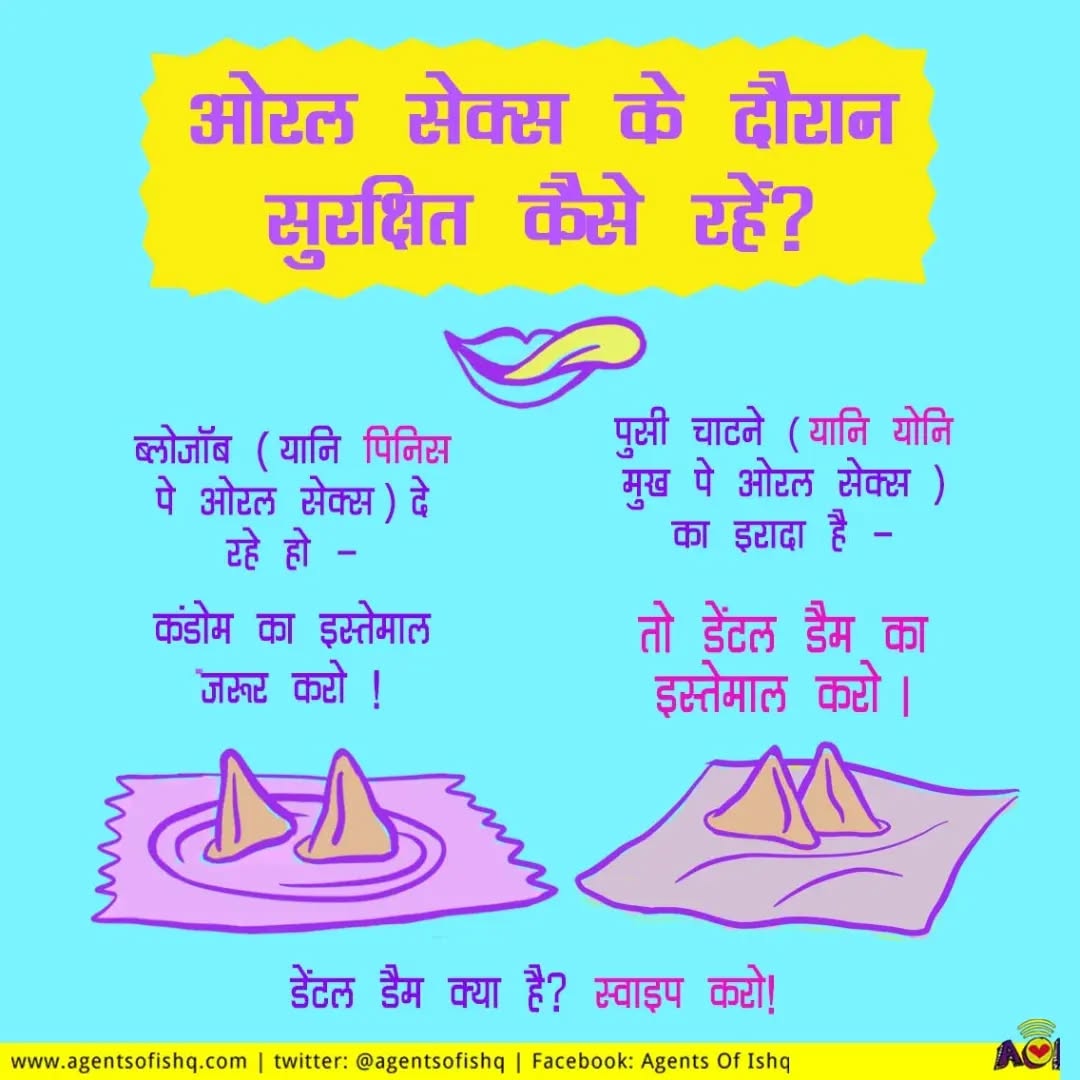India’s traditions are full of beautiful, erotic, sensual work that would vastly improve our love lives if we knew about it. No, I’m not talking about the Kama Sutra.
Let’s take classical Tamil poetry for instance. To write about Ishq in classical Tamil poetry, is to be spoilt for choice.
But first, for those who are new to it:

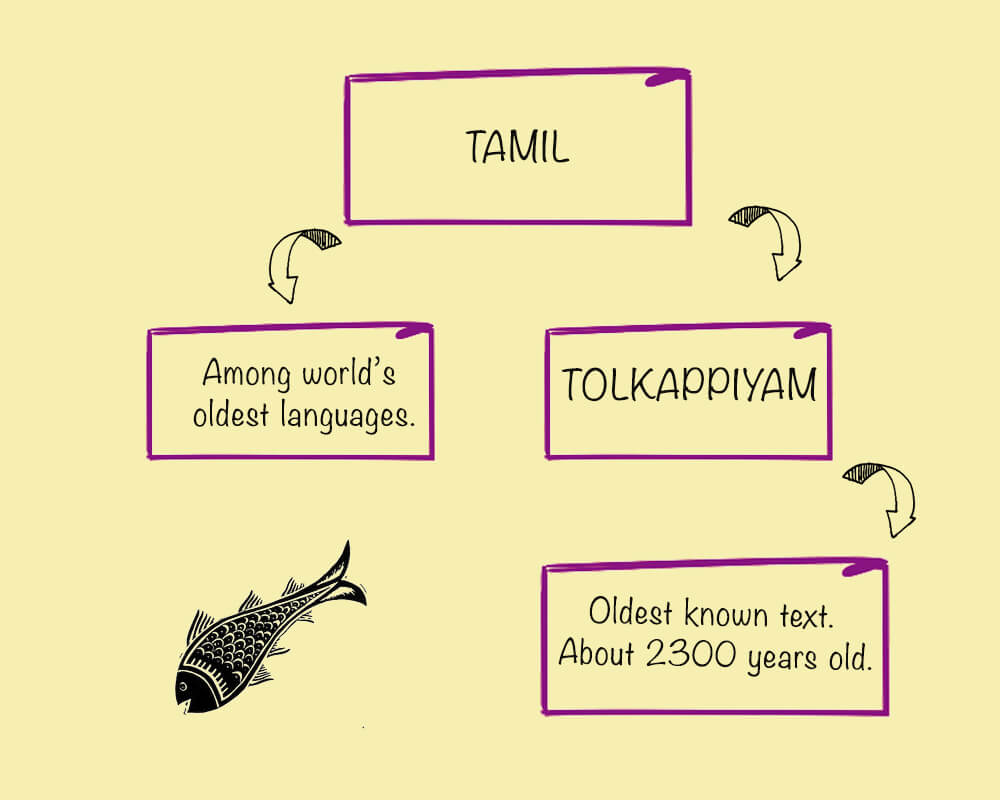


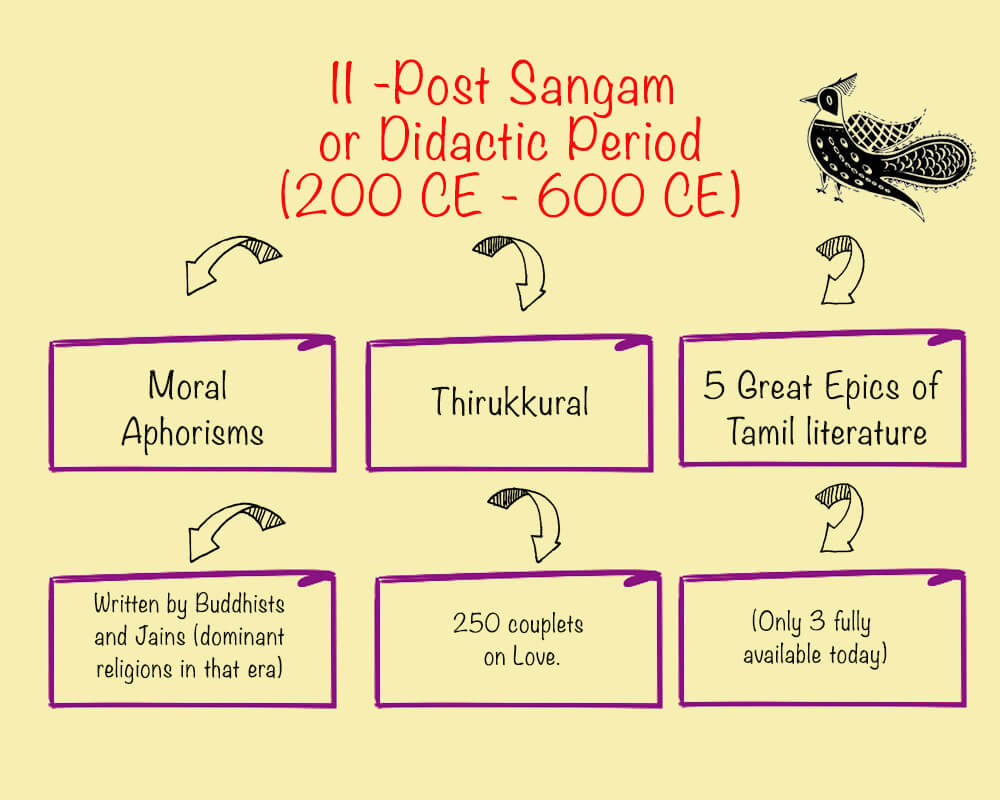

But never mind the obscenity brigade.If our erotic heritage can help with our love lives, we need to know it!
And for starters there is much to help us in the oldest of Tamil classical texts:

Sangam poetry draws its metaphors from nature, infusing the cycles of the external world with the poets’ inner thoughts. One of the most translated works of Sangam poetry (including by AK Ramanujan) is
Kurunthokai one of the eight anthologies of Sangam literature. It has 400 love poems by various poets.
Like in contemporary dating, there are some familiar phases of romance in Sangam poetry:

She is sent to safe guard the millet field from the parrots. He comes down the hills and falls in love with her. They meet at night unknown to others.

He goes away to earn his wealth. She pines for him. Her friend assuages her.

He comes back and marries her.
Sex before marriage is routinely mentioned. But it was also the expected norm that a man had to marry the girl he had sex with. Men and women both long for each other in these poems.
Since real life romances never conclude with a wedding, and real life stories are never in 3 acts, there are also poems about the husband going to the courtesan's house and being chided by both the wife and the courtesan. Those are for another day.
For now, a small taste of these love poems. Like all lovers' talk they always have many-layered meanings, which are given below the poem.

The Way You Make Me Feel, Baby
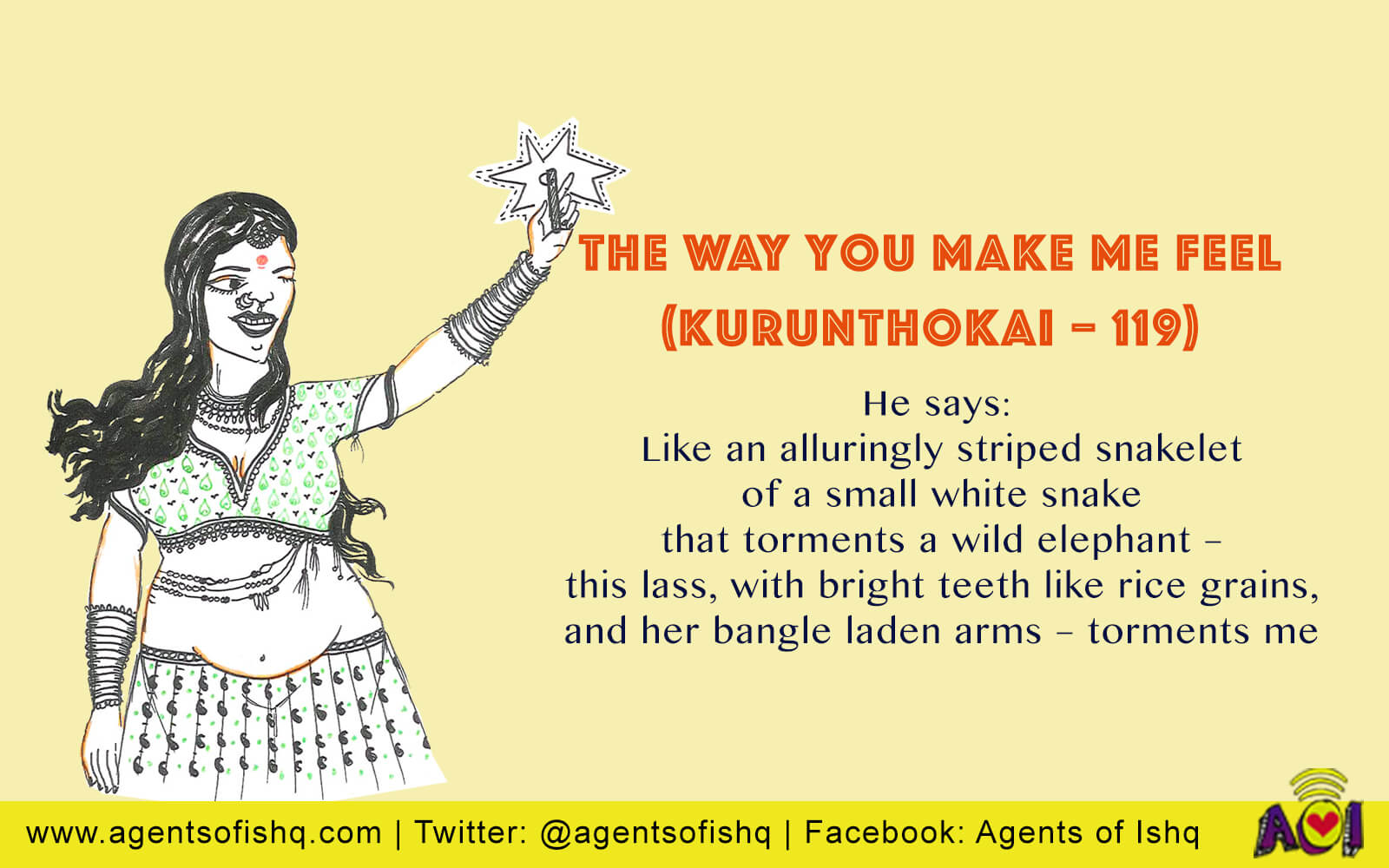 DIRECT READING
DIRECT READING: A tiny, delicate girl has undone him - he who was once wild and untamed! – as snakes undo a mighty elephant. Her smile (her bright teeth), her embrace (her bangled arms) – oh lust for her creeps like poison through his veins, making him useless.
EXPANDING THE METAPHORS: A Snake’s hood is a metaphor for the Mound of Venus in many Tamil poems. Now if you read the poem again, it becomes throbbingly explicit.
Let’s Netflix and Chill
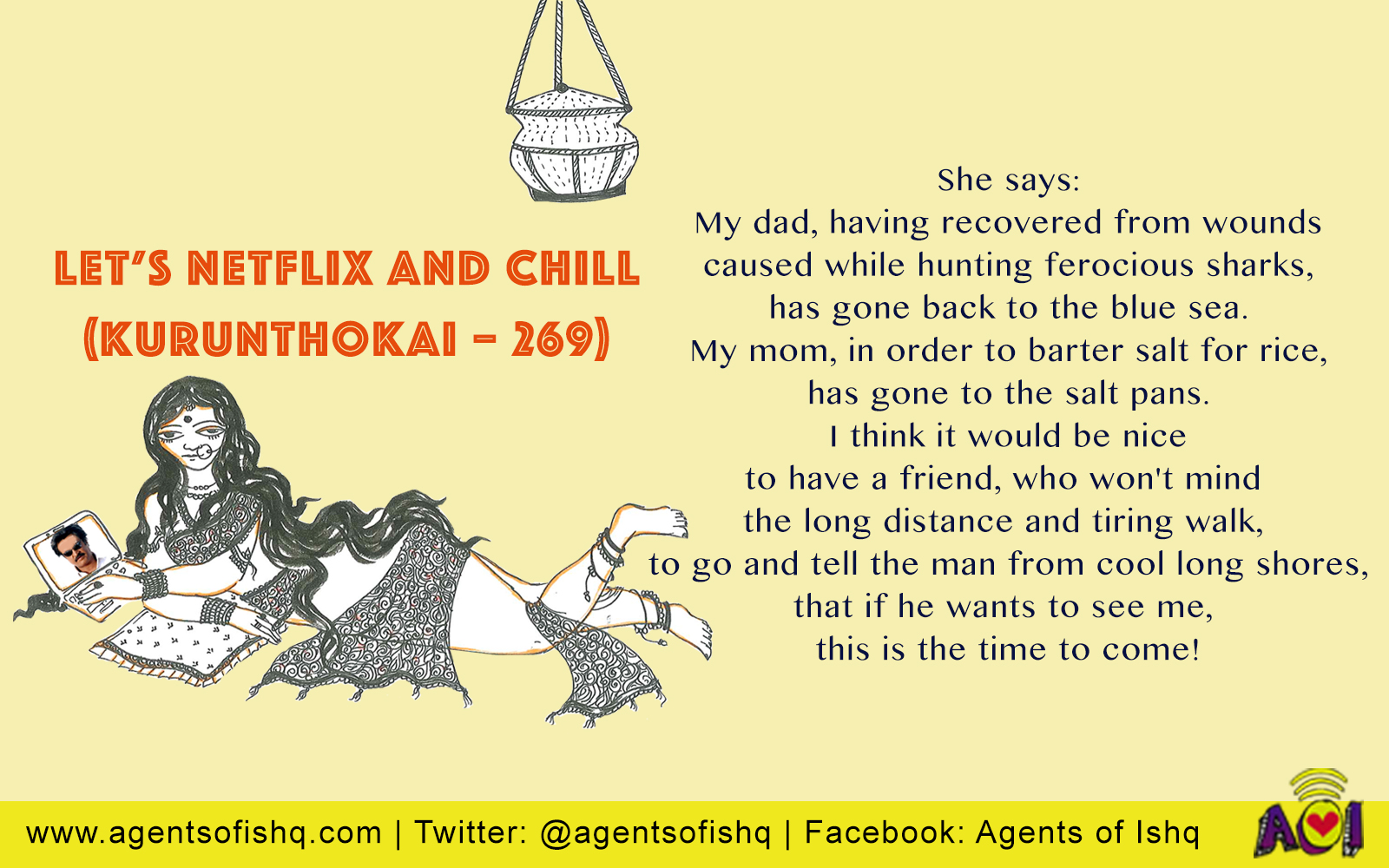
This poem is about one of love's permanent problems– i.e., got own place? When and how to meet if you don’t have your own place! Her father, a fisherman has been at home for many days, recovering from wounds caused while hunting sharks. Her mother too has been at home tending to him. Her lover waits beside her house afraid to come in as her parents are there. Then everyone’s back at work and she has the house to herself – it’s now or never is the message she sends him through her poem

Two Ticks But No Blue Ticks
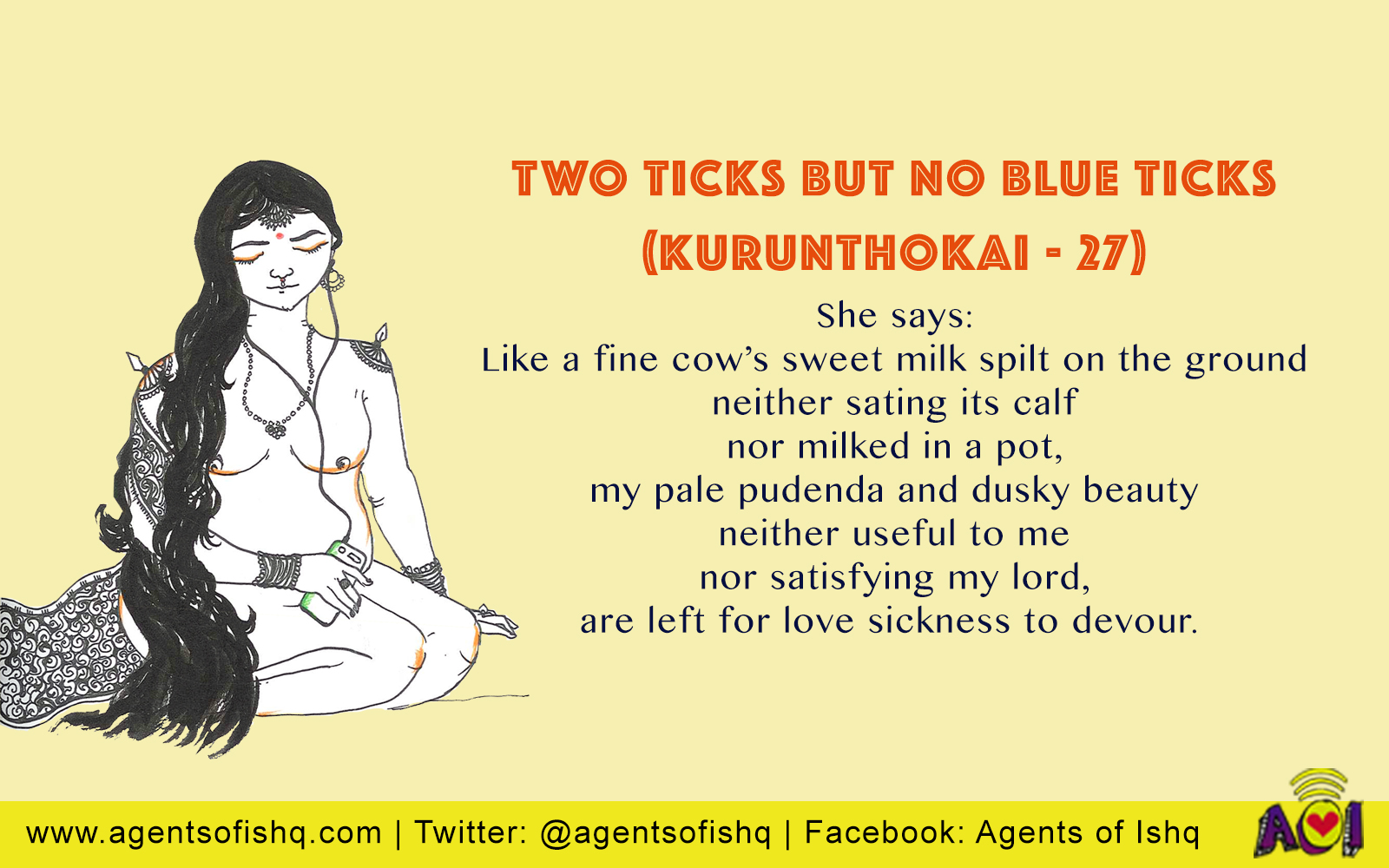 DIRECT MEANING
DIRECT MEANING: The woman misses her lover and their love-making keenly. She despairs at how time is running out, her youth being wasted by separation. In the throes of desire, she doesn’t beat around the bush (Pun unintended – or not) but points to how her pudenda and dusky beauty, her charms are being wasted like milk which feeds neither one lover nor another.
IMPLICATION: When she says they are not “useful to me” she implies that she would rather continue pining for her lover than marry another.
But then too much pining can turn into other emotions.
Anxiety creeps in after they have sex. Will he
text after this amazing date send her message or
gracelessly dump forget her? Does he have genuine constraints or is he just commitment phobic?
Smooth Operator
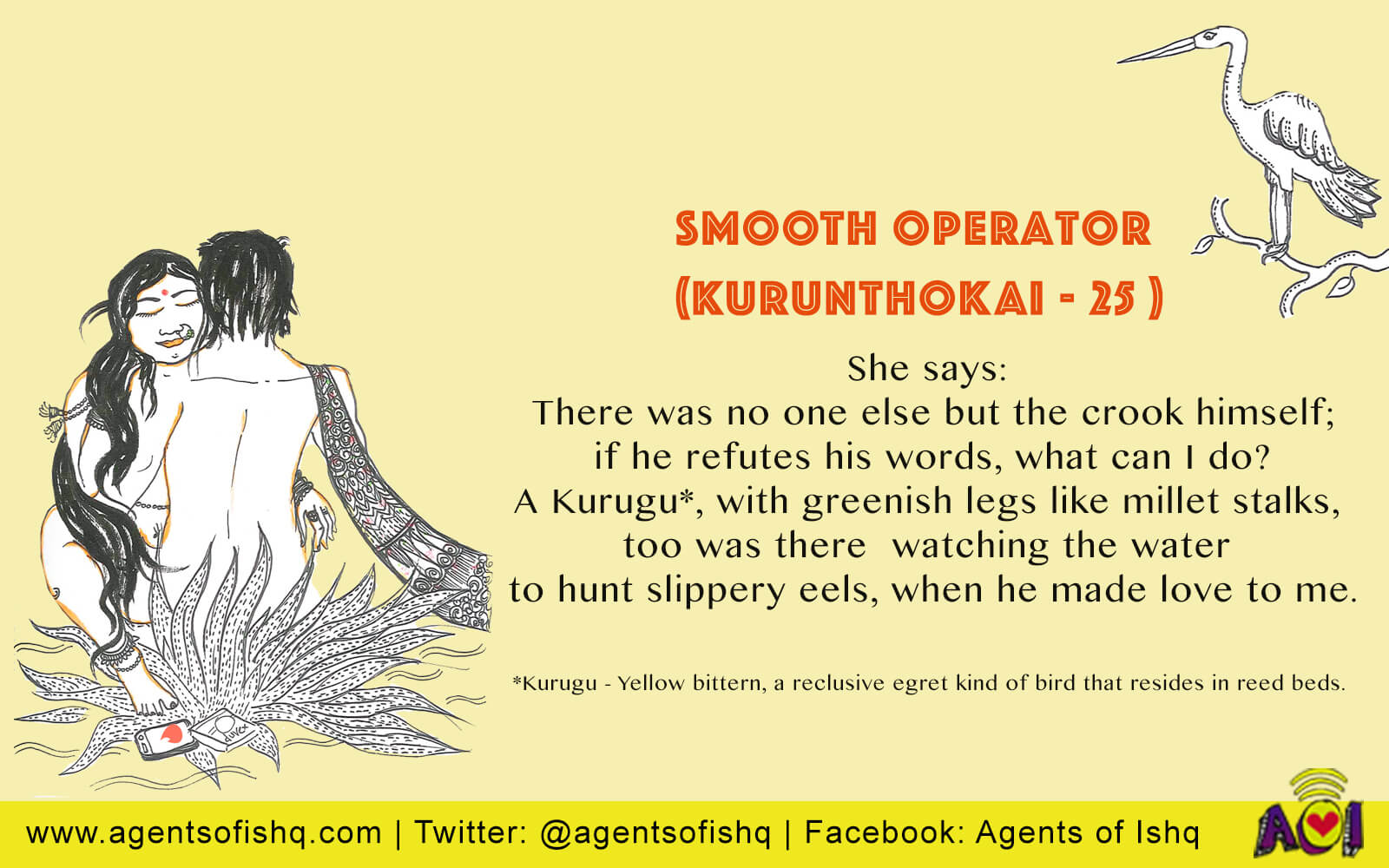 DIRECT READING:
DIRECT READING: They have had sex but he keeps postponing a commitment (to marry in this case). She fears he may go back on his word and confides her anxiety to her friend, as all of us do: There was no witness to the passion and the promises shared – unless you count the Kurugu, a reclusive bird found among bushes or river brush. The Kuruga signifies they made love at an isolated riverbank and also underlines her helplessness, since the bird after all, cannot speak and thereby confirm what passed.
EXPANDING THE METAPHORS: The bird waiting to hunt eels is a metaphor, for the lover waiting to hunt her, make her his 'conquest'. In separation, she remembers how he charmed her and begins to doubt his intentions – hence calling him a crook.
As we know, these feelings of anxiety and doubt are quickly followed by a swing towards lovers’ hope, and assurances to the self.
I Can’t Quit You Baby
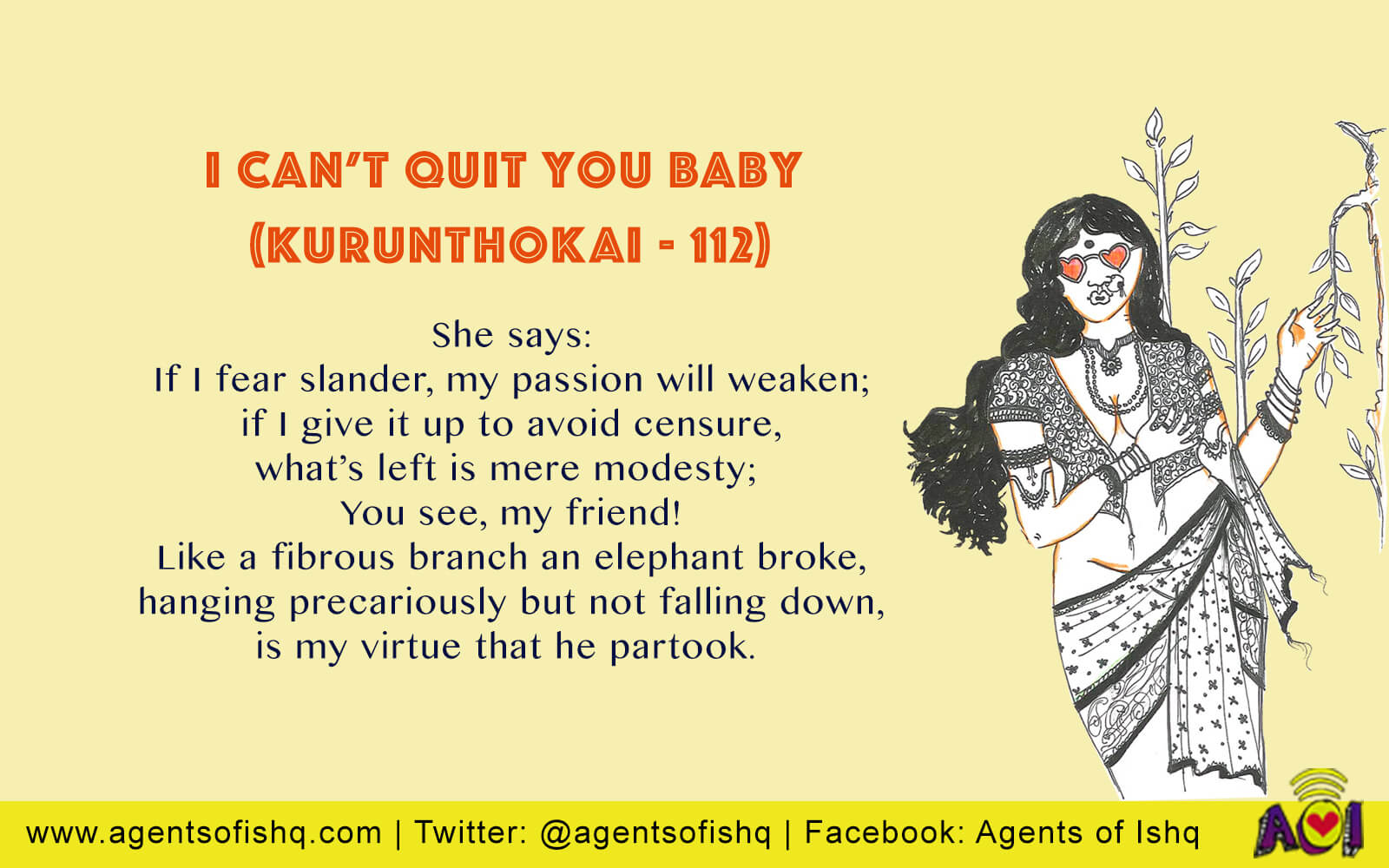 DIRECT READING:
DIRECT READING: She cannot hide her pining from the world’s attention. Her neighbours have started gossiping about her. If, instead of letting her passion flow free, she hides it from fear of gossip, will it not weaken? And anyway, if her lover has already taken her "modesty" what is left to protect? He has left her no choice but to yearn for him.
EXPANDING THE METAPHORS: Here again, nature’s metaphors ornament the meaning. When an elephant bends branches to eat leaves, the broken branch cannot regain its shape. Not fallen, nor on the tree, it hangs precariously by slender fibre-threads. But as long as it is attached to the tree, it may grow leaves again. So, while she may suffer without him, as long as he – the tree – and she – the branch – are connected by the fibrous threads of passion, he may return and then, she may bloom again.
What can we say? As we know, lovers are best at convincing themselves

When the lover finally calls or returns, all recriminations and doubts are forgotten. And then you know how it goes. Where there are lovers, there are villains.
Hell Hath No Fury Like A Woman Interrupted
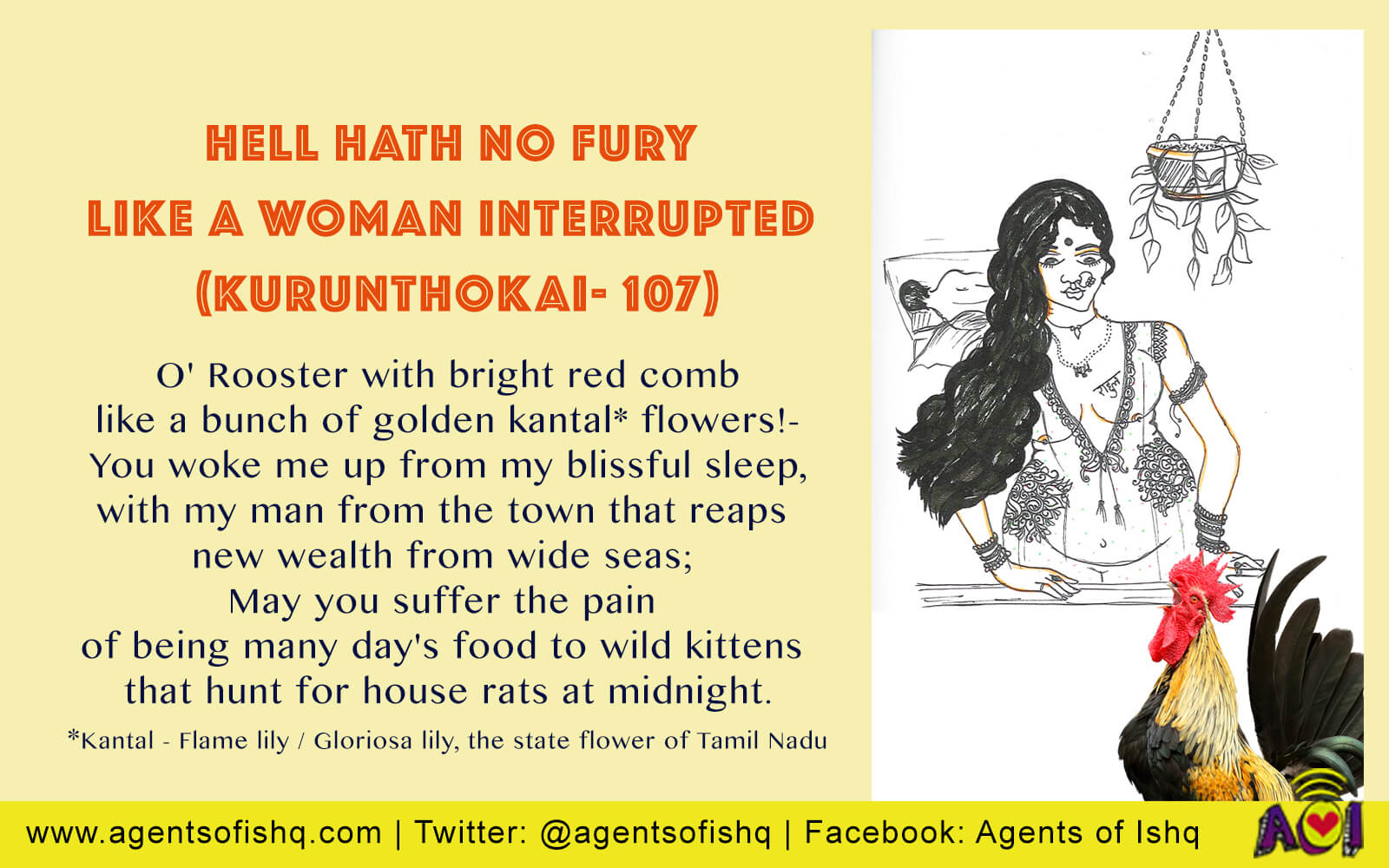
After a long time he comes back from his trip to earn money.They share a joyous night of lovemaking and fall into a blissful sleep. With the rooster crowing, the spell of the night is broken. Obviously she curses the rooster.
So it is with all friends who give reunited lovers a reality check. Just don’t.
The unbound passions and varied romantic scenarios of Sangam poetry tell us that we as a culture were far more comfortable with erotic love than we seem to be now.
The rich imagery of this poetry make it a pleasure to read and absorb into our beings – and so, perhaps to reconnect ourselves to our own erotic traditions of ishq, sex and amorousness.
Chenthil Nathan is a Truck Fleet owner who translates Old Tamil Poetry. His translations can be found at twitter.com/oldtamilpoetry oldtamilpoetry.wordpress.com. His interests include Poetry, Books and Single Malts. 




 But never mind the obscenity brigade.If our erotic heritage can help with our love lives, we need to know it!And for starters there is much to help us in the oldest of Tamil classical texts:
But never mind the obscenity brigade.If our erotic heritage can help with our love lives, we need to know it!And for starters there is much to help us in the oldest of Tamil classical texts: Sangam poetry draws its metaphors from nature, infusing the cycles of the external world with the poets’ inner thoughts. One of the most translated works of Sangam poetry (including by AK Ramanujan) is Kurunthokai one of the eight anthologies of Sangam literature. It has 400 love poems by various poets.Like in contemporary dating, there are some familiar phases of romance in Sangam poetry:
Sangam poetry draws its metaphors from nature, infusing the cycles of the external world with the poets’ inner thoughts. One of the most translated works of Sangam poetry (including by AK Ramanujan) is Kurunthokai one of the eight anthologies of Sangam literature. It has 400 love poems by various poets.Like in contemporary dating, there are some familiar phases of romance in Sangam poetry:
 DIRECT READING: A tiny, delicate girl has undone him - he who was once wild and untamed! – as snakes undo a mighty elephant. Her smile (her bright teeth), her embrace (her bangled arms) – oh lust for her creeps like poison through his veins, making him useless.EXPANDING THE METAPHORS: A Snake’s hood is a metaphor for the Mound of Venus in many Tamil poems. Now if you read the poem again, it becomes throbbingly explicit.
DIRECT READING: A tiny, delicate girl has undone him - he who was once wild and untamed! – as snakes undo a mighty elephant. Her smile (her bright teeth), her embrace (her bangled arms) – oh lust for her creeps like poison through his veins, making him useless.EXPANDING THE METAPHORS: A Snake’s hood is a metaphor for the Mound of Venus in many Tamil poems. Now if you read the poem again, it becomes throbbingly explicit. This poem is about one of love's permanent problems– i.e., got own place? When and how to meet if you don’t have your own place! Her father, a fisherman has been at home for many days, recovering from wounds caused while hunting sharks. Her mother too has been at home tending to him. Her lover waits beside her house afraid to come in as her parents are there. Then everyone’s back at work and she has the house to herself – it’s now or never is the message she sends him through her poem
This poem is about one of love's permanent problems– i.e., got own place? When and how to meet if you don’t have your own place! Her father, a fisherman has been at home for many days, recovering from wounds caused while hunting sharks. Her mother too has been at home tending to him. Her lover waits beside her house afraid to come in as her parents are there. Then everyone’s back at work and she has the house to herself – it’s now or never is the message she sends him through her poem
 DIRECT MEANING: The woman misses her lover and their love-making keenly. She despairs at how time is running out, her youth being wasted by separation. In the throes of desire, she doesn’t beat around the bush (Pun unintended – or not) but points to how her pudenda and dusky beauty, her charms are being wasted like milk which feeds neither one lover nor another.IMPLICATION: When she says they are not “useful to me” she implies that she would rather continue pining for her lover than marry another.But then too much pining can turn into other emotions.Anxiety creeps in after they have sex. Will he text after this amazing date send her message or gracelessly dump forget her? Does he have genuine constraints or is he just commitment phobic?
DIRECT MEANING: The woman misses her lover and their love-making keenly. She despairs at how time is running out, her youth being wasted by separation. In the throes of desire, she doesn’t beat around the bush (Pun unintended – or not) but points to how her pudenda and dusky beauty, her charms are being wasted like milk which feeds neither one lover nor another.IMPLICATION: When she says they are not “useful to me” she implies that she would rather continue pining for her lover than marry another.But then too much pining can turn into other emotions.Anxiety creeps in after they have sex. Will he text after this amazing date send her message or gracelessly dump forget her? Does he have genuine constraints or is he just commitment phobic? DIRECT READING: They have had sex but he keeps postponing a commitment (to marry in this case). She fears he may go back on his word and confides her anxiety to her friend, as all of us do: There was no witness to the passion and the promises shared – unless you count the Kurugu, a reclusive bird found among bushes or river brush. The Kuruga signifies they made love at an isolated riverbank and also underlines her helplessness, since the bird after all, cannot speak and thereby confirm what passed.EXPANDING THE METAPHORS: The bird waiting to hunt eels is a metaphor, for the lover waiting to hunt her, make her his 'conquest'. In separation, she remembers how he charmed her and begins to doubt his intentions – hence calling him a crook.As we know, these feelings of anxiety and doubt are quickly followed by a swing towards lovers’ hope, and assurances to the self.
DIRECT READING: They have had sex but he keeps postponing a commitment (to marry in this case). She fears he may go back on his word and confides her anxiety to her friend, as all of us do: There was no witness to the passion and the promises shared – unless you count the Kurugu, a reclusive bird found among bushes or river brush. The Kuruga signifies they made love at an isolated riverbank and also underlines her helplessness, since the bird after all, cannot speak and thereby confirm what passed.EXPANDING THE METAPHORS: The bird waiting to hunt eels is a metaphor, for the lover waiting to hunt her, make her his 'conquest'. In separation, she remembers how he charmed her and begins to doubt his intentions – hence calling him a crook.As we know, these feelings of anxiety and doubt are quickly followed by a swing towards lovers’ hope, and assurances to the self. DIRECT READING: She cannot hide her pining from the world’s attention. Her neighbours have started gossiping about her. If, instead of letting her passion flow free, she hides it from fear of gossip, will it not weaken? And anyway, if her lover has already taken her "modesty" what is left to protect? He has left her no choice but to yearn for him.EXPANDING THE METAPHORS: Here again, nature’s metaphors ornament the meaning. When an elephant bends branches to eat leaves, the broken branch cannot regain its shape. Not fallen, nor on the tree, it hangs precariously by slender fibre-threads. But as long as it is attached to the tree, it may grow leaves again. So, while she may suffer without him, as long as he – the tree – and she – the branch – are connected by the fibrous threads of passion, he may return and then, she may bloom again.What can we say? As we know, lovers are best at convincing themselves
DIRECT READING: She cannot hide her pining from the world’s attention. Her neighbours have started gossiping about her. If, instead of letting her passion flow free, she hides it from fear of gossip, will it not weaken? And anyway, if her lover has already taken her "modesty" what is left to protect? He has left her no choice but to yearn for him.EXPANDING THE METAPHORS: Here again, nature’s metaphors ornament the meaning. When an elephant bends branches to eat leaves, the broken branch cannot regain its shape. Not fallen, nor on the tree, it hangs precariously by slender fibre-threads. But as long as it is attached to the tree, it may grow leaves again. So, while she may suffer without him, as long as he – the tree – and she – the branch – are connected by the fibrous threads of passion, he may return and then, she may bloom again.What can we say? As we know, lovers are best at convincing themselves When the lover finally calls or returns, all recriminations and doubts are forgotten. And then you know how it goes. Where there are lovers, there are villains.
When the lover finally calls or returns, all recriminations and doubts are forgotten. And then you know how it goes. Where there are lovers, there are villains. After a long time he comes back from his trip to earn money.They share a joyous night of lovemaking and fall into a blissful sleep. With the rooster crowing, the spell of the night is broken. Obviously she curses the rooster.So it is with all friends who give reunited lovers a reality check. Just don’t.The unbound passions and varied romantic scenarios of Sangam poetry tell us that we as a culture were far more comfortable with erotic love than we seem to be now.The rich imagery of this poetry make it a pleasure to read and absorb into our beings – and so, perhaps to reconnect ourselves to our own erotic traditions of ishq, sex and amorousness. Chenthil Nathan is a Truck Fleet owner who translates Old Tamil Poetry. His translations can be found at twitter.com/oldtamilpoetry oldtamilpoetry.wordpress.com. His interests include Poetry, Books and Single Malts.
After a long time he comes back from his trip to earn money.They share a joyous night of lovemaking and fall into a blissful sleep. With the rooster crowing, the spell of the night is broken. Obviously she curses the rooster.So it is with all friends who give reunited lovers a reality check. Just don’t.The unbound passions and varied romantic scenarios of Sangam poetry tell us that we as a culture were far more comfortable with erotic love than we seem to be now.The rich imagery of this poetry make it a pleasure to read and absorb into our beings – and so, perhaps to reconnect ourselves to our own erotic traditions of ishq, sex and amorousness. Chenthil Nathan is a Truck Fleet owner who translates Old Tamil Poetry. His translations can be found at twitter.com/oldtamilpoetry oldtamilpoetry.wordpress.com. His interests include Poetry, Books and Single Malts. 
